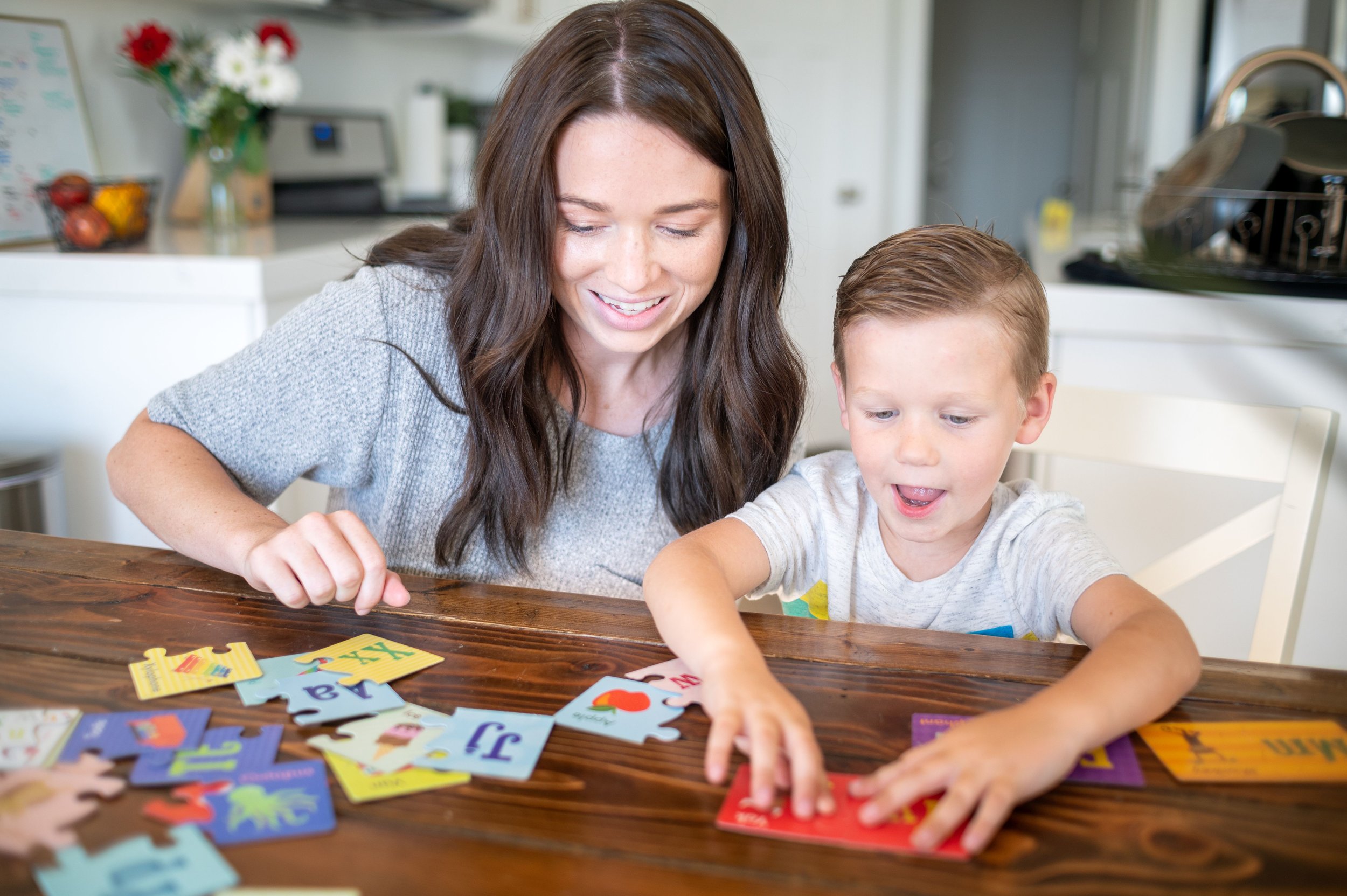What is the summer slide and how can you prevent it?
Have you every heard the phrase “summer slide?” It refers to the regression students have academically over the summer break. Most children have a fairly significant loss of academic skills over the summer month due to not practicing their newly acquired knowledge. This leads to them having to re-learn things they already knew when they head back to school in the fall. The good news is, it is easy for parents to combat the summer slide with just a few strategies that you can put to use in between your vacations, swim lessons, and that little bit of extra screen time your kids might enjoy during break.
What is the summer slide?
The first formal study about the summer slide was published in 1996, so although this is not a new concept, it is certainly still relevant. Some studies have shown that children lose over 20% of their knowledge in reading a math during the summer months! It is also important to note that younger children are more at risk for the summer slide than older children since the things they are learning are not “muscle memory” yet. Developmentally, they are at a stage where they are learning so many new things, they just need extra practice to help them remember.
What can you do to prevent the summer slide?
Here’s the good news: by just adding a few simple things into your summer routine, parents can help prevent this academic backslide that children face each summer. Remember, the goal isn’t necessarily to gain brand new skills (although that would be a bonus!). The goal is to keep practicing the skills they’ve already learned at school so they can maintain them during the summer and be ready to move forward with them in the fall. Below are some ideas of activities that are easy to throw into your daily routine and will help keep children practicing all summer long.
READ READ READ! Have your child read independently if they can. Make time to read together every single day if they can’t quite read by themselves yet. Make use of your local library and check out some fun new books. Let your kids read what they love and what looks interesting to them. Put on an audiobook on that family road trip and practice some comprehension strategies.
Set up a screen free play time each day. Have your child do a craft, play a board game, or do a puzzle.
Take a field trip to a local museum or historical site. Read the signs together and discuss what you learn there.
Grab some flashcards and have a flashcard race, or get a deck of cards and play war to practice those math skills.
Involve your child in the meal routine and help them learn how to cook. There is so much math, science, and learning involved in cooking and baking!
Find an easy summer worksheet collection to practice all of these skills in one! Set aside 10 minutes each day for your child to do a worksheet or two and brush up on their reading, math, letters, handwriting…whatever they might need to practice!
Summer Camp Workbooks
Here’s the even BETTER news: we have created some amazing summer camp workbooks geared just towards little learners that are an excellent resource to prevent the summer slide! Each workbook is based on a fun theme and is jam-packed with interactive activities that will keep your child engaged. You’ll find art projects, science projects, literacy, math, and writing activities in each one. We have a summer camp workbook for each of the following themes:
Space (digital download or printed copy)
Ocean (digital download or printed copy)
Dinosaurs (digital download or printed copy)
Camping (digital download or printed copy)
Farm (digital download or printed copy)
You can also buy all of the summer camp workbooks in a bundle and keep the learning going all summer long. The bundle can also be purchased as a digital download or a printed copy that ships right to you!
Free Sample Download
Click the button below to download a free sample of our summer camp workbooks! We know you and your kids will love them!









Download our Feed The Shark Math Addition game for your Ocean Preschool unit!